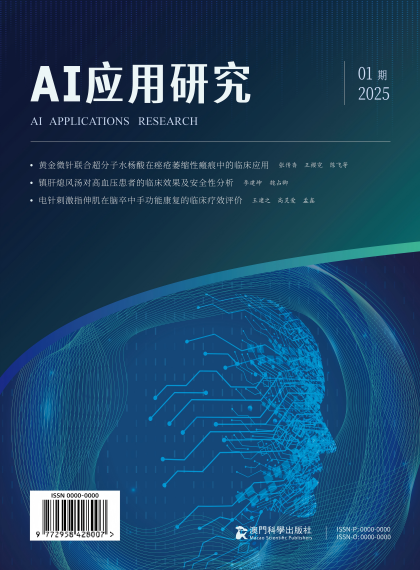摘 要:
生成式人工智能(AI)的快速发展及其在医疗、教育、法律等领域的广泛应用,伴随着伦理风险的不断增长,亟需建立规范的伦理审查框架以平衡技术进步与社会责任之间的关系。本研究以临床试验注册制度为启示,分析生成式AI技术可能产生的伦理问题,包括隐私泄露、歧视偏见、决策透明性与数据安全等挑战。通过对临床试验领域的伦理审查机制进行深入剖析,提炼出其关键构成要素,例如审查主体独立性、过程公开性、风险评估与利益权衡标准等,并将其作为构建生成式AI伦理审查框架的理论基础。基于此,本文提出了一种针对生成式AI技术的伦理审查框架,具体包括审查步骤划分、审查流程设计、从业者与公众参与机制,以及持续监测与动态调整方案。研究表明,通过参考临床试验注册制度的系统性方法,可以有效提升生成式AI技术的伦理审查效能,保障技术应用的合法性与道德性,同时推动相关领域的产业发展与社会福祉。本文的研究结论为生成式AI技术的伦理治理提供了新的解决思路,并为相关政策制定与技术监管实践提供了理论依据与工具指导。
关键词:生成式人工智能; 伦理审查框架; 临床试验注册制度
Abstract:
The rapid development of generative artificial intelligence (AI) and its widespread application in fields such as healthcare, education, and law have been accompanied by a growing array of ethical risks. There is an urgent need to establish a standardized ethical review framework to balance the relationship between technological advancement and social responsibility. Drawing inspiration from the clinical trial registration system, this study analyzes the potential ethical issues arising from generative AI technology, including challenges such as privacy breaches, discriminatory biases, decision transparency, and data security. By conducting an in-depth examination of the ethical review mechanisms in the field of clinical trials, key components are extracted, such as the independence of the review body, the openness of the review process, risk assessment criteria, and standards for weighing benefits. These components serve as the theoretical foundation for constructing an ethical review framework for generative AI. Based on this, this paper proposes an ethical review framework specifically tailored for generative AI technology, encompassing the delineation of review steps, the design of the review process, mechanisms for practitioner and public participation, as well as schemes for continuous monitoring and dynamic adjustments. The research indicates that by referencing the systematic approach of the clinical trial registration system, the efficacy of ethical reviews for generative AI technology can be effectively enhanced, ensuring the legality and morality of its applications while promoting industrial development and social welfare in related fields. The study's conclusions offer new solutions for the ethical governance of generative AI technology and provide a theoretical basis and tool guidance for relevant policy formulation and technological regulatory practices.
Keywords: Generative artificial intelligence; Ethical review framework; Clinical trial registration system
--
